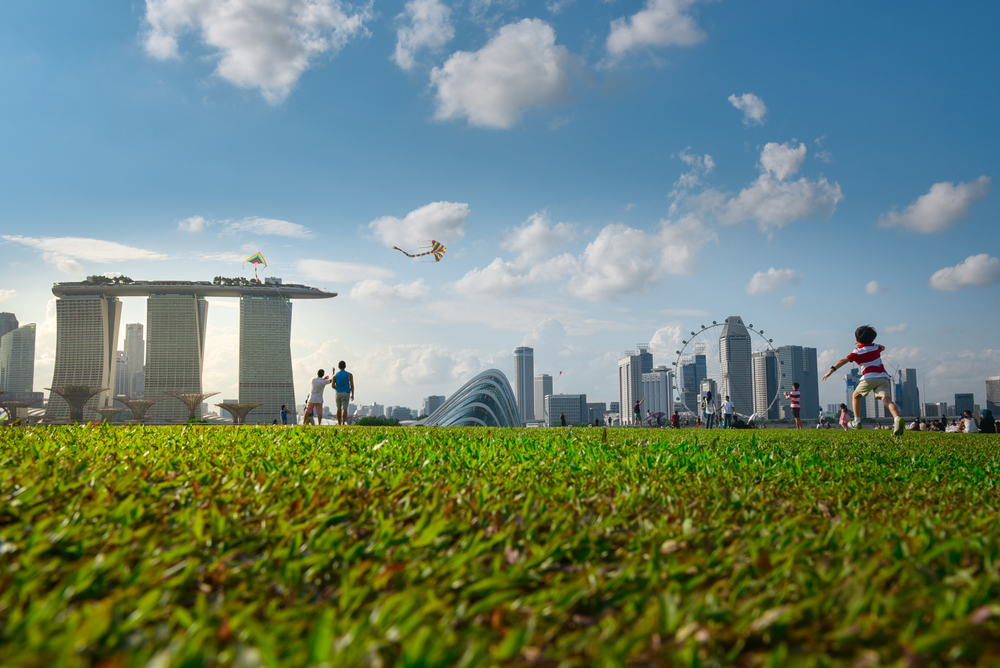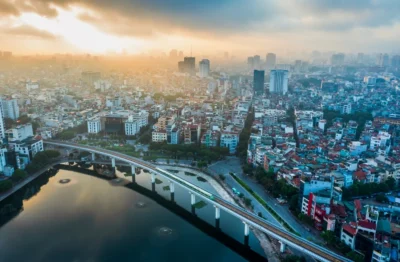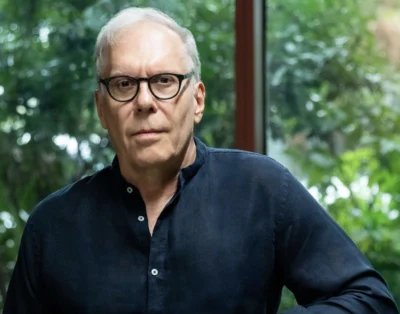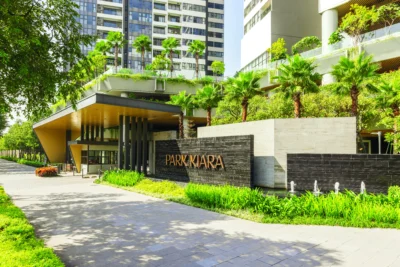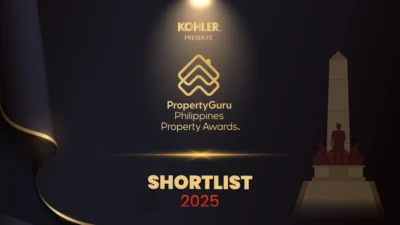Singaporeans buying homes for children amid curbs
Parents skirt the year-old cooling measures by putting properties in their kids’ name
Market observers offered anecdotal evidence that more youngsters are entering the Singapore residential market—courtesy of their parents.
Increased stamp duties in the city-state over the last year have encouraged parents to “act vicariously,” using their children’s names to acquire yet another private house, reported Alan Cheong, the executive director of research and consultancy at Savills (Singapore), for Bloomberg.
“(Parents are) either genuinely concerned that their children won’t have the wherewithal to acquire private residential properties on their own, or using the first reason as an excuse to acquire properties for themselves,” Cheong said.
Additional buyer’s stamp duty (ABSD) rates on citizens were revised last year to 12 percent for second homes and 15 percent for third or more.
More: Meet the sustainability guru pushing Asia’s green building agenda
“Anecdotally we’ve observed more young home buyers entering the market, ” said Christine Sun, the head of research and consultancy at OrangeTee & Tie, adding that Singaporeans still prize property as a store of wealth.
In fact, both Cheong and Sun tell Bloomberg that more parents are exploring the option of setting up a trust account in their child’s name, with the purpose of holding the property on their child’s behalf.
However, this does not constitute a way to stamp duty avoidance, Edmund Leow, a senior partner at Dentons Rodyk & Davidson, explained. “The liability for ABSD will be assessed looking at the profile and property count of the child beneficiary. For example, any rental income, or proceeds of a subsequent sale, will belong to the child”, not the parent who bought the property.
Future property purchases would be counted as the child’s second home, incurring ABSD.
Recommended
Asian infrastructure investments boost real estate and economic growth
Governments around Asia are spending billions to fuel infrastructure development to boost real estate and economic growth
Arquitectonica’s global impact reshapes skylines from Miami to Asia
Bernardo Fort-Brescia and his design practice Arquitectonica are making a seismic impact in Asia from an HQ in Florida
Park Kiara in Hanoi raises the bar for sustainable urban living
Park Kiara in Hanoi is a repudiation of low-density, car-dependent suburban sprawl
6 reasons Bekasi is rising as Greater Jakarta’s next hotspot
One of Greater Jakarta’s rising stars is prospering, thanks to ample recreation and a contingent of desirable housing projects

